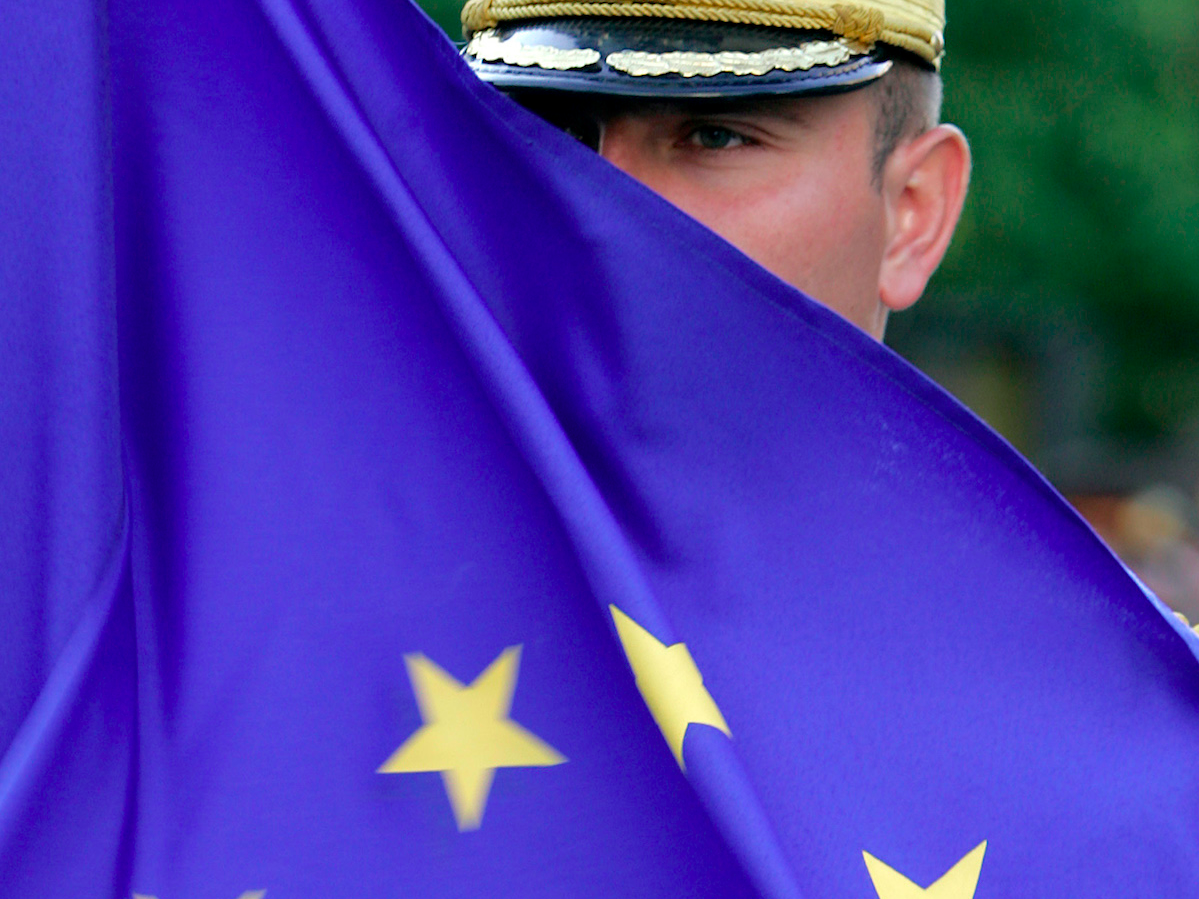Britain will be forced to contribute €268 million (£230 million) towards funding a “private army” to protect European Union politicians despite Brexit.
The EU parliament’s spending plan is set to rise by an above-inflation increase of 3.3% to over €1.9 billion and part of that budget includes funding a group of security officials – named “Unit Protection” – to protect MEPs, according to The Times newspaper.
It was dubbed a “private army” by Jonathan Arnott, a UKIP MEP who is also a member of the parliament’s budget committee. He said: “The European parliament’s costs continue to spiral out of control, now including a private army.”
Klaus Welle, secretary-general of the parliament, told the parliament’s budget committee this week that the budget increased because officials wanted to spend more right now, before Brexit happens and puts a strain on finances: “In preparations for Brexit we need a certain leeway. That is what we are trying to do with the budget.”
Britain will be expected to pay hundreds of millions towards the “private army” and the total equates to more than twice the annual cost of running the House of Lords. This is despite Britain voting to leave the EU in June last year, and UK Prime Minister Theresa May is expected to trigger Article 50 by the end of March and therefore start the formal two-year Brexit negotiation period.
Even if Britain triggered Article 50 at the end of March, it is still technically part of the EU and will continue to be until at least 2019. Therefore it would have to abide by its rules and continue to contribute to the EU budget as normal.
New guards are estimated to cost the 28-nation bloc an extra €2.5 million annually. Limousines and uniformed chauffeurs cost the EU €3.7 million in 2016. The EU paid €1.2 million for guards and drivers to commute 550-miles in a round trip to parliament's second seat in Strasbourg, France, from Brussels, Belgium.
The unit will total 46 bodyguards and other security personnel, which will include a separate team of 12 people just to guard the EU parliament's president, Antonio Tajani.
You can read The Times full report here.

